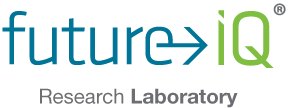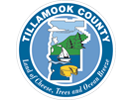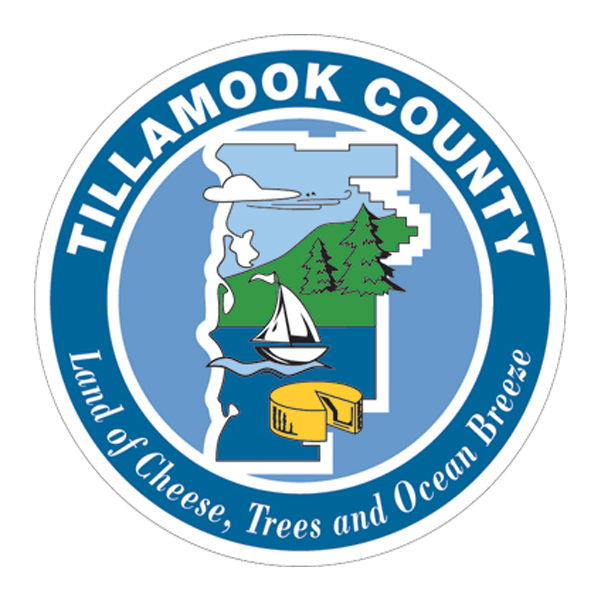The key part of the work on developing the Strategic Vision and Action Plan for Tourism-related Facility Investments, was the creation of a Decision-Making Toolkit. This will be deployed in 2019 to assist in the assessment process for projects aiming to access TLT funds. This tool has been built directly from the stakeholder input, and includes a new application form, and a multidimensional scoring system, directly connected to priorities established in the Think-Tank and community engagement survey work. It has two main stages of assessment. The Stage 1 assessment has four scores that are combined into a data visualization to understand how projects compare. The impact score categories are:
- Destination Management Impact Score: Measuring how well the project will help achieve the pivot to protecting sensitive areas, managing congestion, alleviating the impacts of tourism, and dispersing visitation.
- Collaboration and Inclusivity Impact Score: Measuring the degree the project connects and leverages resources across the County, creates shared value and builds new collaborative and inclusive solutions.
- Sustainability Impact Score: Measurement of how well the project achieves the five dimensions of sustainable tourism, as defined for Tillamook County. This includes items like tourism integrating with local communities, creating lasting year-round value and contributes to the health of the natural environment.
- Return on Investment (ROI): Assessment of ability to leverage other resources, size of impact for the community, urgency of solution, and financial sustainability plan.
The ideal projects are ones that produce large green circles in the upper right quadrant, as these are scoring high on the four important metrics. A second more detailed Stage 2 assessment helps drill further into projects that may fall more in the mid-point of the chart.






